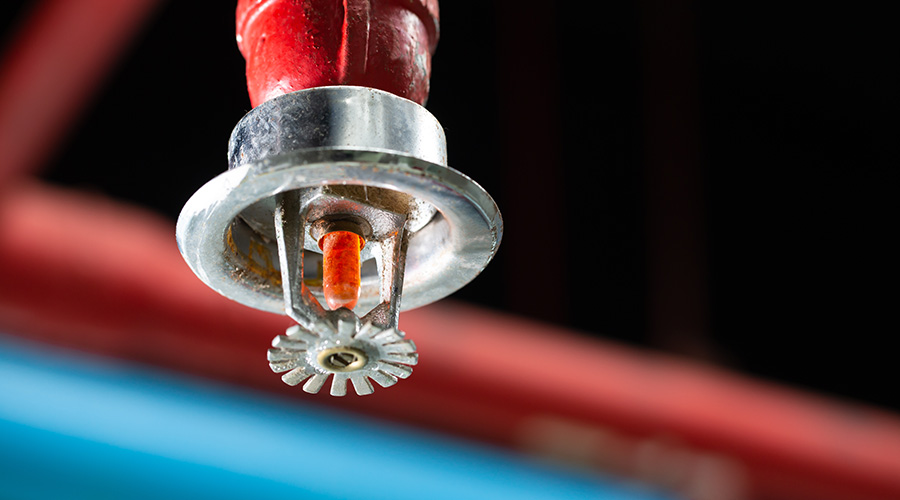While nothing beats the human touch, health care innovators, researchers and educators predict that gadgets will soon turn the home into a medical nanny, keeping tabs on everything from pill-taking routines to signs of imminent crises, according to an article on the USA Today website.
Bottle caps that glow when it's time to take medicine, chairs that take your vital signs and even carpets that analyze walking patterns and anticipate physical degeneration and mental infirmity are either here or coming soon.
"With fewer people to watch over tomorrow's seniors, some will move into digitally connected retirement homes, while others will simply retrofit their own homes," Jason Tester, research director for the non-profit Institute for the Future said in the article. "The home will serve as an early detection system. Research shows that even small changes in daily habits can hint at serious problems to come."
"There's a big push to help seniors live independently, from technological innovations to cities organizing themselves in ways that cater to an older population," said David Ryan, an Intel manager currently based in Beijing as director of China's Aging Friendly Cities Initiative.
The challenges in this arena are just as impressive as the potential pluses, the article said. There's the matter of products from different companies effectively talking to each other and caregivers on the same platform. Add to that the set-up problems inherent in any tech gadget, and the privacy issues.
Read the article.

 Fire Protection in Healthcare: Why Active and Passive Systems Must Work as One
Fire Protection in Healthcare: Why Active and Passive Systems Must Work as One Cleveland Clinic Hits Key Milestones for Palm Beach County Expansion
Cleveland Clinic Hits Key Milestones for Palm Beach County Expansion Emanuel Medical Center Caught Up in Data Breach
Emanuel Medical Center Caught Up in Data Breach Assisted Living Facility Violated Safety Standards: OSHA
Assisted Living Facility Violated Safety Standards: OSHA McCarthy Completes Construction of Citizens Health Hospital in Kansas
McCarthy Completes Construction of Citizens Health Hospital in Kansas